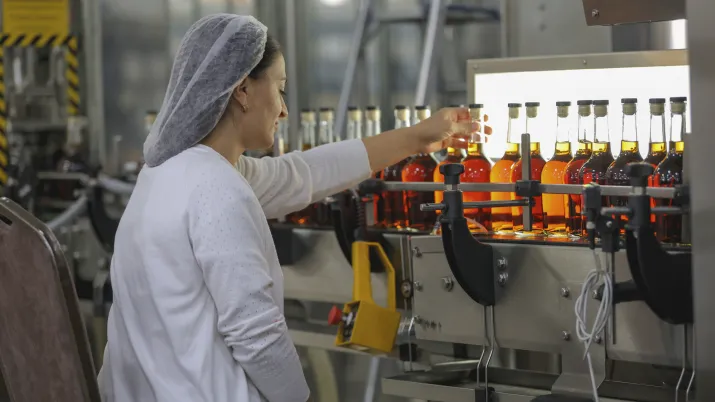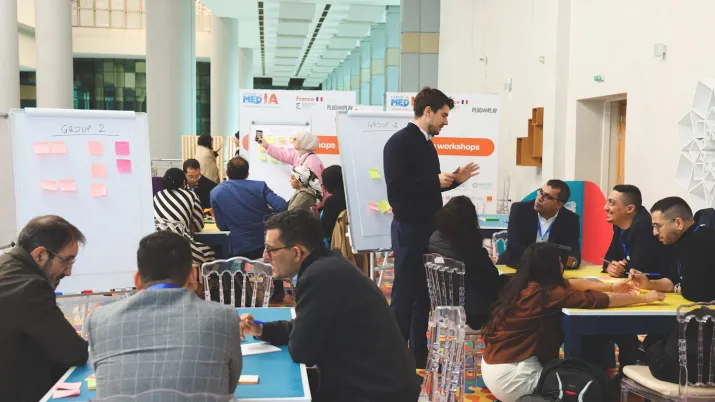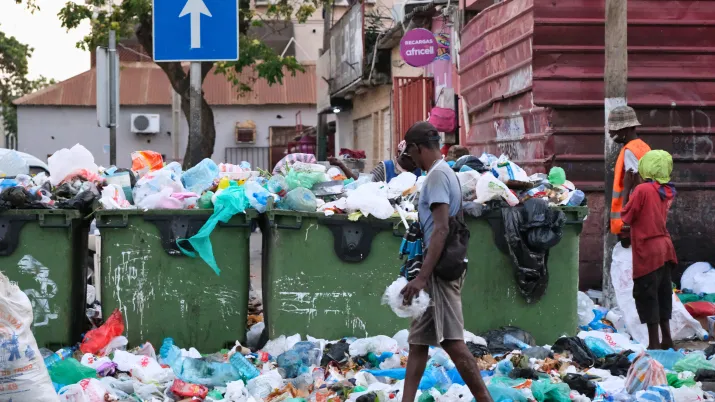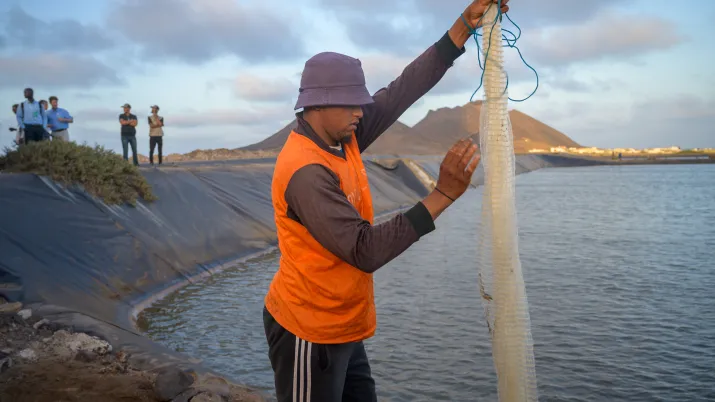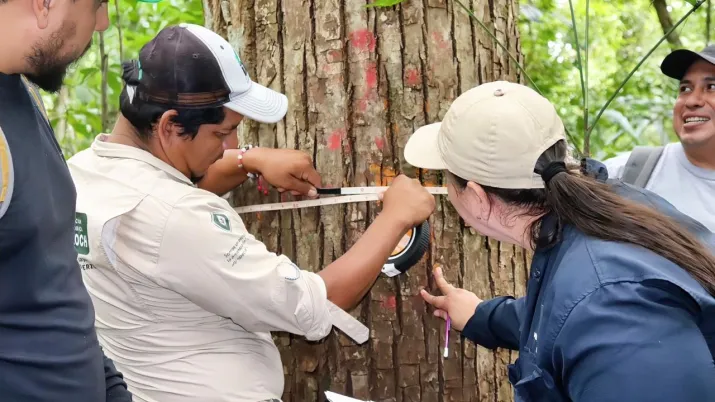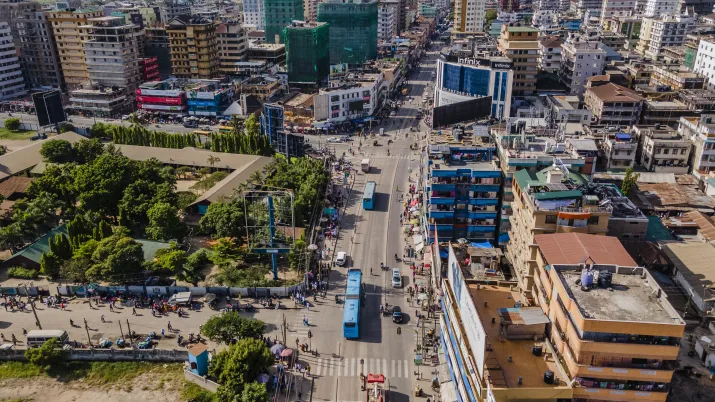Partager la page
BIODEV2030
Projet
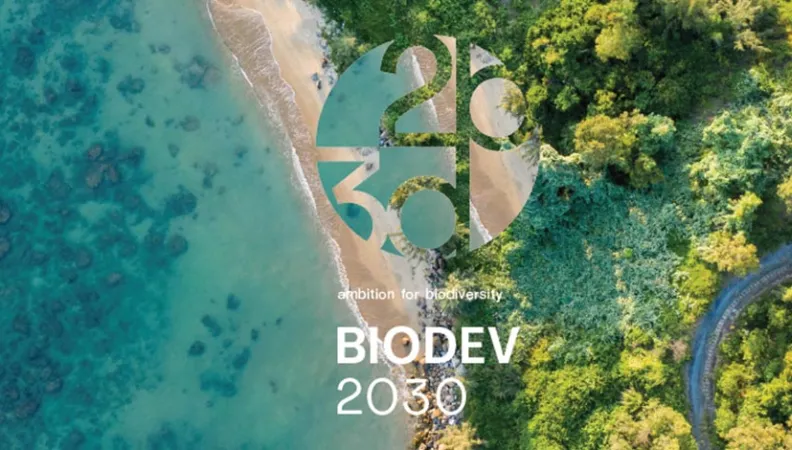
-
Date de début du projet
-
Statut
En cours
-
Date de fin du projet
-
-
Montant (euro)
-
10 M €
-
Pays et région
-
Bénin, Cameroun, Congo, Ethiopie, Fidji, Gabon, Guinée, Guyana, Kenya, Madagascar, Mozambique, Ouganda, Sénégal, Tunisie, Vietnam
BIODEV2030 vise à réconcilier biodiversité et développement en favorisant des changements de pratiques productives dans les secteurs d’activité clés de 15 pays pilotes.
BIODEV2030 : pour une intégration transversale de la biodiversité dans les secteurs économiques
Depuis plusieurs années, le nombre d’espèces ne cesse de diminuer et les écosystèmes se dégradent en permanence. Un million d’espèces animales et végétales sont aujourd’hui menacées d’extinction. Or les écosystèmes nous procurent un grand nombre de biens et de services vitaux : nourriture, fibres, bois, séquestration carbone, régulation de l’eau, réduction des risques de catastrophes, etc. Au-delà d’affaiblir les moyens de subsistance, la sécurité alimentaire, la santé et la qualité de vie à travers le monde, cette situation entraîne également des risques économiques et financiers.
Les actions visant à conserver et à gérer plus durablement les ressources naturelles progressent, mais restent insuffisantes pour enrayer les causes directes et indirectes de la dégradation de la nature. Il est aujourd’hui urgent d’inverser le déclin de la biodiversité et de préserver les écosystèmes.
Le projet BIODEV2030 est né dans ce contexte, partant du constat que la biodiversité se situe au cœur des problématiques de développement durable et qu’elle doit donc être intégrée à chacun des secteurs économiques. Cela consiste à la prendre en compte de façon systématique dans les décisions politiques et pratiques qui reposent et influent sur ces derniers ainsi qu’à tenir compte de ses incidences tout au long des chaînes de production et de valeur.
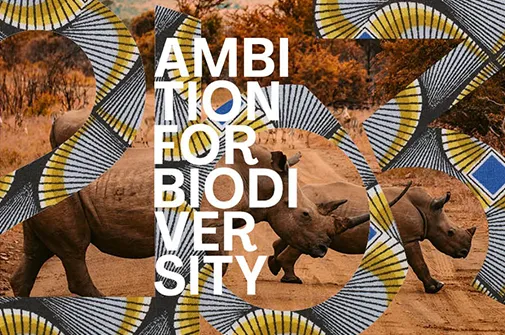
La méthode BIODEV2030 : un triptyque diagnostic - dialogue - engagements
Une première phase du projet BIODEV2030 s’est tenue entre 2020 et 2023, avec pour objectif de contribuer à la prise d’engagements volontaires sectoriels en faveur d’une réduction des pressions sur la biodiversité et/ou de restauration des écosystèmes, grâce à une approche inclusive multi-acteurs. Ces « engagements volontaires » ont ciblé au moins deux secteurs économiques par pays (agriculture, mines, élevage, exploitation forestière, pêche, etc.), identifiés comme prioritaires pour la biodiversité (BIO-) et pour le développement économique (-DEV), afin de favoriser l’adoption de bonnes pratiques pour enrayer le déclin de la biodiversité.
Ce processus s’est basé sur un diagnostic scientifique solide et approfondi des menaces pesant sur la biodiversité, et des plateformes de dialogue multi-acteurs à l’échelle nationale ou sectorielle. Des pistes concrètes d’engagements volontaires ont été identifiées, discutées et validées dans certains pays, et ont pu être intégrées dans les plans d’actions et les stratégies des secteurs économiques et des entreprises.
Le dialogue instauré au sein des plateformes de dialogue appuyées par BIODEV2030 a favorisé l’émergence d’une vision nationale commune pour transformer les pratiques productives en faveur de la biodiversité.
Au vu des résultats obtenus et afin de poursuivre la dynamique enclenchée dans les 15 pays, une deuxième phase a été lancée en juillet 2023.
Retrouvez les rapports de capitalisation de la première phase du projet sur le site BIODEV2030
La concrétisation des engagements volontaires
La phase II du projet BIODEV2030 poursuit l’action engagée pour contribuer à la mise en œuvre du cadre mondial biodiversité de Kunming-Montréal, en s’appuyant sur la dynamique des plateformes de dialogue multipartites et les engagements volontaires discutés ou pris en phase I.
Intégration des outils sectoriels aux politiques publiques
À l’échelle nationale, il s’agira d’accompagner les autorités dans l’identification des instruments de politiques publiques sectorielles des secteurs prioritaires, et de pistes de réformes pour favoriser ce changement de pratiques.
Des projets pilotes à l’échelle territoriale
À l’échelle d’un territoire pilote par pays, BIODEV2030 accompagnera les acteurs (privés, publics, OSC) à définir collectivement des actions pour réduire les pressions sur la biodiversité.
Des projets de transition vers des pratiques nature-positives, voire de solutions fondées sur la nature, seront développés sur la base des actions de changement identifiées durant le dialogue multipartite, puis portés auprès de financeurs potentiels.
Le soutien et la valorisation des activités
Au niveau international, la phase 2 du projet s'efforcera de créer une communauté de pratique et de développer les capacités des acteurs sur le mainstreaming et la mobilisation de ressources pour des projets de biodiversité.
L’accent est mis sur le renforcement des capacités des assistants techniques dans les territoires, et des autorités publiques, ainsi que sur un travail de capitalisation au fil de l’eau.
Il s’agit par ailleurs de disséminer la méthode BIODEV2030 au sein des instances internationales à l’occasion d’évènements de haut niveau (COP16 à Cali, Partenariat pour les Forêts du Bassin du Congo, Congrès mondial de la nature, etc.), afin d’inspirer d’autres pays et partager les enseignements acquis grâce à la capitalisation.
En savoir plus sur le site du projet : www.biodev2030.org
Suivez le projet sur les réseaux sociaux : @biodev2030BIODEV2030BIODEV2030
Projets Similaires
Accompagner la création de l’indication géographique « Armenian Brandy »
En cours
2024 - 2026
Bailleurs : Union européenne
Structuration du secteur IA en Méditerranée
En cours
2025 - 2027
Bailleurs : Ministère de l'Europe et des Affaires étrangères
Améliorer la gestion des déchets solides en Angola
En cours
2025 - 2029
Bailleurs : Union européenne
Dans l'actualité
Les communautés locales, actrices pleinement engagées dans la protection des bassins forestiers
Publié le 18 novembre 2025
Soutenir les villes et le secteur industriel face au défi climatique mondial
Publié le 12 novembre 2025



